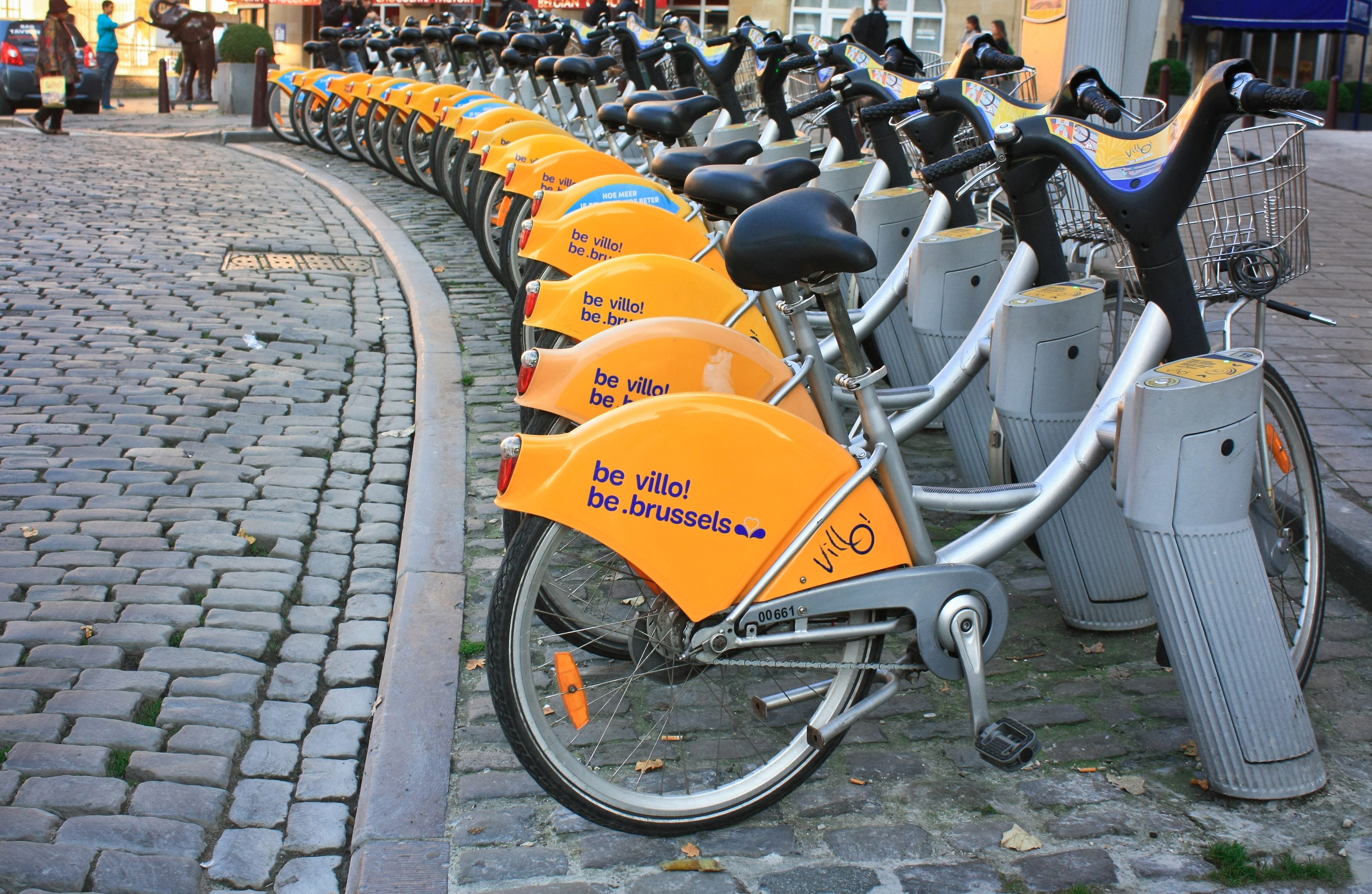
Brussels working on new bike sharing system without Villo!

It seems likely that the Brussels Region will not renew the contract with JCDecaux to operate the Villo! bicycle share system. The contract expires in 2026 /visit.brussels
There is a hitch in the marriage between the Brussels Region and Villo! Operator JCDecaux. Brussels Mobility Minister Elke Van den Brandt (G


Comments
Ready to join the conversation?
You must be an active subscriber to leave a comment.
Subscribe Today